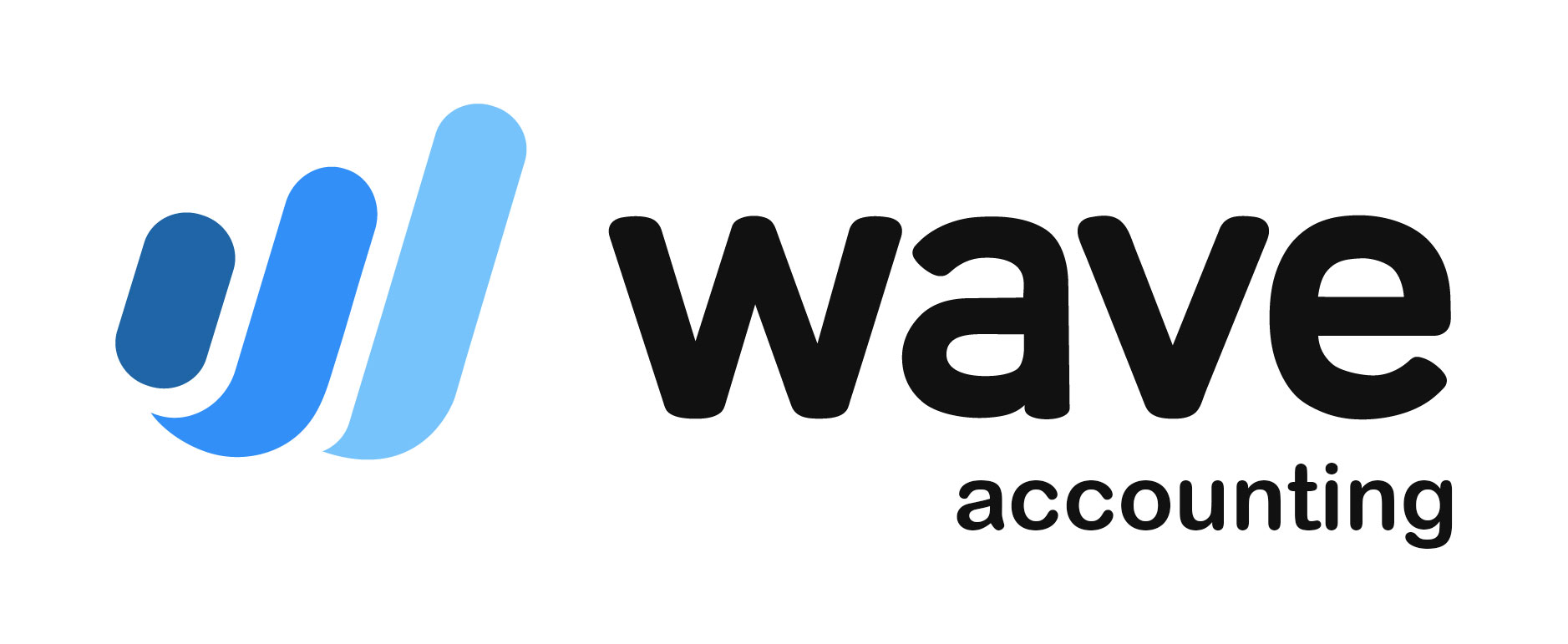How to Hire a Freelance Data Processing Specialist

Are you looking for a Data Processing Specialist?
Click the pink button to learn more ...
Overview
What is a freelance data processing specialist?
A freelance data processing specialist is a professional who offers their services on a contract basis to assist businesses in managing and analyzing their data.
They have expertise in various data processing techniques and tools, such as data cleaning, data transformation, and data validation.
These specialists are skilled in programming languages and software applications commonly used for data processing, such as Python, R, and SQL.
They play a crucial role in helping organizations make sense of their data, identify patterns and trends, and make data-driven decisions.
By hiring a freelance data processing specialist, businesses can benefit from their specialized skills and knowledge without the need for a full-time employee.
Why hire a freelance data processing specialist?
Hiring a freelance data processing specialist can bring numerous benefits to your business.
These professionals have the expertise and skills to handle large volumes of data efficiently and accurately.
By outsourcing your data processing tasks to a freelance specialist, you can save time and resources, allowing your team to focus on core business activities.
Additionally, freelancers offer flexibility and scalability, as you can hire them on a project basis or for ongoing support.
With their specialized knowledge, freelance data processing specialists can provide valuable insights and analysis, helping you make informed business decisions.
Overall, hiring a freelance data processing specialist can streamline your data management processes and contribute to the success of your business.
Benefits of hiring a freelance data processing specialist
Hiring a freelance data processing specialist offers numerous benefits for businesses.
Firstly, it provides access to a pool of highly skilled professionals who have expertise in handling complex data processing tasks.
These specialists are experienced in using various data processing tools and techniques, ensuring efficient and accurate results.
Additionally, hiring freelancers allows businesses to save on costs as they don't have to provide benefits or office space.
Freelancers also offer flexibility in terms of working hours, allowing businesses to get their data processing tasks completed in a timely manner.
Overall, hiring a freelance data processing specialist can greatly enhance a business's data processing capabilities and efficiency.
Understanding the role of a freelance data processing specialist
Responsibilities of a freelance data processing specialist
A freelance data processing specialist is responsible for handling and organizing large volumes of data.
They are skilled in using various software and tools to process, clean, and analyze data.
Their responsibilities include identifying data patterns, ensuring data accuracy and integrity, and creating reports and visualizations to present findings.
Additionally, they may be responsible for developing and implementing data processing workflows and strategies to optimize efficiency and productivity.
A freelance data processing specialist plays a crucial role in helping businesses make informed decisions based on accurate and reliable data.
Skills required for a freelance data processing specialist
A freelance data processing specialist requires a unique set of skills to excel in their field.
Firstly, they must have a strong understanding of data processing techniques and tools.
This includes proficiency in data cleaning, data transformation, and data integration.
Additionally, they should possess excellent analytical and problem-solving skills to effectively identify and resolve data-related issues.
A high level of attention to detail is crucial for ensuring accuracy and quality in data processing tasks.
Strong communication and collaboration skills are also essential for effectively working with clients and other team members.
Lastly, a freelance data processing specialist should stay updated with the latest trends and advancements in data processing technologies to stay competitive in the industry.
Tools and technologies used by freelance data processing specialists
Freelance data processing specialists utilize a wide range of tools and technologies to effectively manage and analyze data.
These professionals are well-versed in popular data processing software such as Python, R, and SQL, which enable them to manipulate and extract valuable insights from large datasets.
Additionally, they are proficient in using data visualization tools like Tableau and Power BI to create visually appealing and informative reports.
Furthermore, freelance data processing specialists often leverage cloud computing platforms such as Amazon Web Services (AWS) and Google Cloud Platform (GCP) to efficiently store and process data.
With their expertise in these tools and technologies, they are able to streamline data processing workflows and deliver accurate results to their clients.
Finding the right freelance data processing specialist
Defining your requirements
When it comes to hiring a freelance data processing specialist, it is crucial to define your requirements clearly.
This will ensure that you find the right candidate who can meet your specific needs.
Start by identifying the type of data processing tasks you need assistance with, such as data entry, data analysis, or data cleaning.
Consider the level of expertise required and any specific software or tools that the specialist should be familiar with.
Additionally, think about the expected volume and frequency of the data processing tasks.
By clearly defining your requirements, you will be able to attract qualified candidates and streamline the hiring process.
Searching for freelance data processing specialists
When searching for freelance data processing specialists, it is important to consider a few key factors.
First, evaluate the candidate's experience and expertise in data processing.
Look for individuals who have a strong background in handling and analyzing large datasets, as well as proficiency in relevant software and programming languages.
Additionally, it is crucial to assess their attention to detail and ability to meet deadlines, as data processing projects often require meticulous accuracy and timely delivery.
Furthermore, consider their communication skills and ability to work independently, as freelancers need to effectively communicate progress and address any issues that may arise.
By carefully evaluating these factors, you can ensure that you hire a freelance data processing specialist who is well-equipped to handle your specific project requirements.
Evaluating and shortlisting candidates
When evaluating and shortlisting candidates for a freelance data processing specialist, it is important to consider several key factors.
Firstly, assessing the candidate's technical skills and expertise is crucial.
This includes evaluating their proficiency in data processing software, programming languages, and statistical analysis tools.
Additionally, it is essential to assess their problem-solving abilities and their ability to think critically when faced with complex data processing tasks.
Another important aspect to consider is the candidate's experience and track record in handling similar projects.
This can be evaluated by reviewing their portfolio and contacting their previous clients for references.
Lastly, it is important to assess the candidate's communication and collaboration skills, as effective communication is vital when working with a remote freelancer.
By carefully evaluating these factors, you can ensure that you shortlist the most qualified and suitable candidates for your freelance data processing project.
Interviewing and assessing freelance data processing specialists
Preparing interview questions
When preparing interview questions for hiring a freelance data processing specialist, it is important to consider the specific skills and expertise required for the role.
Start by defining the key areas of data processing that are crucial for the position and create questions that assess the candidate's knowledge and experience in these areas.
Additionally, it is beneficial to include situational and behavioral questions to gauge the candidate's problem-solving abilities and their ability to work effectively in a freelance setting.
By carefully crafting interview questions, you can ensure that you are selecting a qualified and capable freelance data processing specialist for your project.
Conducting interviews
When conducting interviews for a freelance data processing specialist, it is important to have a clear understanding of the specific skills and qualifications required for the role.
Start by creating a list of essential criteria that the candidate should meet, such as experience with data analysis tools, proficiency in programming languages, and the ability to work with large datasets.
During the interview process, ask targeted questions to assess the candidate's technical skills and problem-solving abilities.
Additionally, evaluate their communication skills and ability to work independently, as these are crucial for remote freelancers.
It is also beneficial to provide the candidate with a sample data processing task to complete during the interview, allowing you to gauge their practical abilities.
By conducting thorough interviews, you can ensure that you hire a freelance data processing specialist who is well-equipped to handle your specific project requirements.
Assessing candidate skills and experience
When assessing candidate skills and experience for a freelance data processing specialist, it is important to consider both their technical abilities and their relevant industry knowledge.
Look for candidates who have a strong understanding of data processing techniques and tools, such as data cleansing, data integration, and data transformation.
Additionally, consider their experience working with different types of data, such as structured and unstructured data, as well as their proficiency in programming languages commonly used in data processing, such as Python or SQL.
It is also beneficial to evaluate their problem-solving skills and ability to analyze and interpret data.
By thoroughly assessing a candidate's skills and experience, you can ensure that you hire a freelance data processing specialist who is well-equipped to handle your specific data processing needs.
Negotiating and finalizing the contract
Determining the scope of work
Determining the scope of work is a crucial step in hiring a freelance data processing specialist.
It involves clearly defining the tasks and responsibilities that the specialist will be responsible for.
This includes identifying the specific data processing needs of the project, such as data collection, cleaning, analysis, and reporting.
By determining the scope of work upfront, both the client and the specialist can ensure that they are on the same page and have a clear understanding of the project requirements.
This helps to avoid any misunderstandings or scope creep later on and ensures that the project is completed successfully and within the agreed-upon timeframe.
Negotiating rates and terms
When it comes to negotiating rates and terms with a freelance data processing specialist, it is important to approach the discussion with clarity and transparency.
Start by clearly defining your budget and expectations, and be open to discussing any specific requirements or preferences you may have.
Additionally, consider the freelancer's level of expertise and experience, as this may impact their rates.
It is also crucial to establish clear and agreed-upon terms, such as the scope of work, deadlines, and payment schedule.
By maintaining open communication and a mutual understanding, you can ensure a successful negotiation process and secure the services of a skilled data processing specialist.
Signing the contract
Signing the contract is a crucial step in hiring a freelance data processing specialist.
It is important to have a well-drafted contract that clearly outlines the terms and conditions of the engagement.
This contract should include details such as the scope of work, payment terms, project timeline, and any other relevant information.
By signing the contract, both parties can ensure that they are on the same page and have a mutual understanding of the expectations and obligations.
It provides a legal framework for the working relationship and helps protect the interests of both the client and the freelancer.
Before signing the contract, it is advisable to review it carefully and seek legal advice if necessary to ensure that all aspects are fair and reasonable.
Once the contract is signed, both the client and the freelance data processing specialist can proceed with confidence, knowing that they have a solid agreement in place.
Conclusion
Summary of the hiring process
The hiring process for a freelance data processing specialist involves several key steps.
Firstly, it is important to clearly define the requirements and scope of the project.
This includes identifying the specific data processing tasks that need to be completed and any specific skills or qualifications that are necessary.
Once the requirements are defined, the next step is to source potential candidates.
This can be done through online job platforms, professional networks, or by reaching out to freelancers directly.
During the selection process, it is crucial to carefully review each candidate's experience, portfolio, and references to ensure they have the necessary expertise.
After selecting the most suitable candidate, it is important to establish clear communication channels and set expectations regarding deliverables, deadlines, and payment terms.
Regular check-ins and feedback sessions should be scheduled to ensure the project is on track and any issues are addressed promptly.
By following these steps, hiring a freelance data processing specialist can be a smooth and successful process.
Benefits of hiring a freelance data processing specialist
Hiring a freelance data processing specialist comes with several benefits.
Firstly, freelancers offer flexibility in terms of working hours and project duration, allowing businesses to scale their data processing needs according to their requirements.
Secondly, freelancers often have a diverse skill set and experience working with different industries, which enables them to handle various data processing tasks efficiently.
Additionally, hiring a freelance specialist can be cost-effective as businesses only pay for the specific tasks or projects they need assistance with, without incurring additional overhead costs.
Lastly, working with a freelance data processing specialist provides businesses with access to specialized expertise and knowledge, ensuring high-quality and accurate data processing results.
Overall, the benefits of hiring a freelance data processing specialist make it a valuable choice for businesses seeking efficient and cost-effective data processing solutions.
Final thoughts
In conclusion, hiring a freelance data processing specialist can be a beneficial decision for businesses looking to efficiently handle their data.
With their expertise and flexibility, freelancers can provide cost-effective solutions and deliver high-quality results.
However, it is important to thoroughly evaluate and communicate with potential specialists to ensure they have the necessary skills and experience to meet your specific data processing needs.
By carefully selecting and effectively managing a freelance specialist, businesses can optimize their data processing operations and achieve greater success in their overall data management strategy.
Are you looking for a Data Processing Specialist?
Click the pink button to learn more ...



